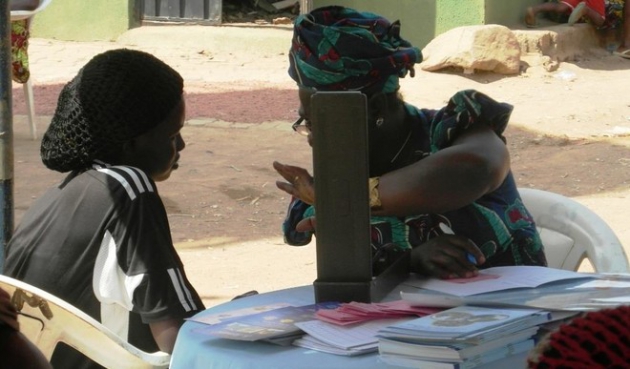1.6m Nigerian women on family planning

The number of women and girls using modern contraceptive crossed 1.6 million for the first time this year, according to a new report released Tuesday by Family Planning 2020.
The report, FP2020 Momentum at Midpoint, to assess progress in adoption of modern contraception in the wake of the London 2010 Summit on Family Planning found more than 300 million women in the world’s 69 poorest countries now use modern contraception.
Access to modern contraceptive methods for an increasing number of women, up from 570,000 in 2012, is thought to have averted more than 1.45 million intended pregnancies.
They have also prevented deaths of some 9,000 women, who may have died from complications in likely unwanted pregnancies.
But the report warns despite progress, efforts in some countries are off track to reach some 19 million women and girl, while family planning as a sector faces continued funding gap and shortage in adequate supplies of commodities.
“While we have not reached as many people as we had hoped by this time, the richness of the data now available enables us to peel back the layers and study the situation on a country-by-country basis, revealing a strikingly varied landscape of progress,” said FP2020 executive director Beth Schlachter.
Milestone
Ahead of a 2020 target, the called the 300-million mark “a milestone that has taken the health and development sectors decades to reach.”
Donor funding for bilateral family planning stood at $1.3 billion, a 6% shortfall since 2014 and largely attributed to currency fluctuations.
Despite a $3m-a-year pledge, Nigeria has budgeted only a total $3m since 2012, and its renewed pledge of N762m in 2016 budget falls short of the target, according to experts.
Executive director of United Nations Population Fund, Dr Babatunde Osotimehin, among panellists at a teleconference to launch the report, noted the UNFPA is behind purchase of some 40% of all family planning commodities in public health facilities.
Read more at http://www.dailytrust.com.ng/news/health/1-6m-nigerian-women-on-family-p...












